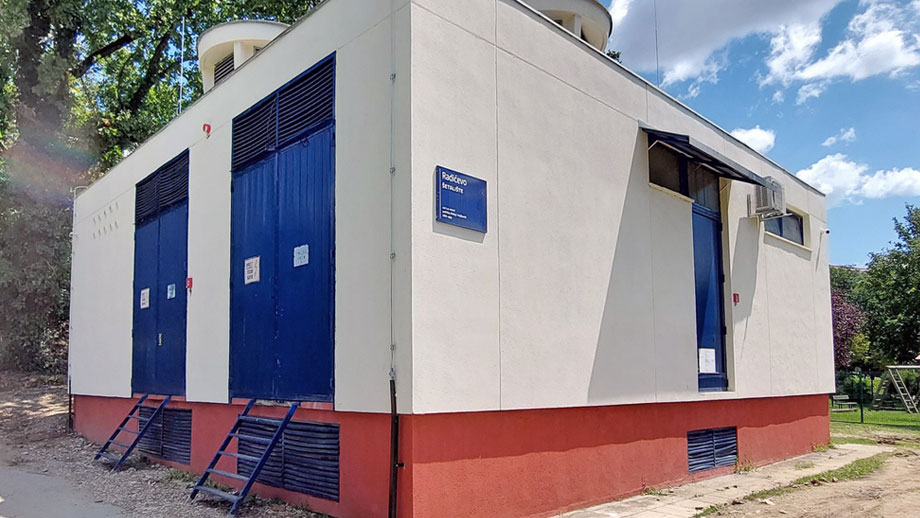Zvijezda Rectifier Station fully modernized after 60 years of service
We are pleased to announce the successful completion of the turnkey modernization of the Zvijezda Rectifier Station (RS) for Zagreb Electric Tram (ZET).
Originally constructed by KONČAR in 1965, Zvijezda is one of the main stations powering Zagreb’s tram network in the city center, built to reduce stress on the urban power grid. This project represents its first major renovation after nearly six decades of service.

As one of 16 rectifier stations supporting the 120 km tram network in Zagreb, Zvijezda RS plays a critical role in converting medium-voltage electricity (10/20 kV) into 660 V direct current (DC) for the tram contact system.
The primary goal of the modernization was to increase the reliability and safety of the tram system, while future-proofing the network to accommodate the planned expansion of Zagreb’s tram fleet. Before the modernization commenced, a detailed analysis of the existing system was conducted, serving as the basis for the project documentation that addressed both construction needs and the upgrade of outdated electrical equipment. Following the necessary construction activities, we installed a suite of new electrical components, including two 1500 kVA power transformers to feed two 660 VDC rectifiers, an auxiliary transformer with protective mechanisms, and a complete 660 VDC distribution system. Additionally, we implemented AC and DC auxiliary power systems, fire safety and protection systems, lightning protection, anti-burglary systems, as well as energy and signal cables to ensure comprehensive modernization. The equipment underwent successful factory testing in the presence of the customer, confirming its readiness for integration. The 660 VDC system is directly connected to the tram contact network, supplying critical traction power via the rectifier stations—an essential component for tram vehicle operation.
This modernization project was part of Phase 1 of Zagreb's tram infrastructure upgrade, which was co-financed by the European Union through the Cohesion Fund, supporting the city's long-term transportation goals.